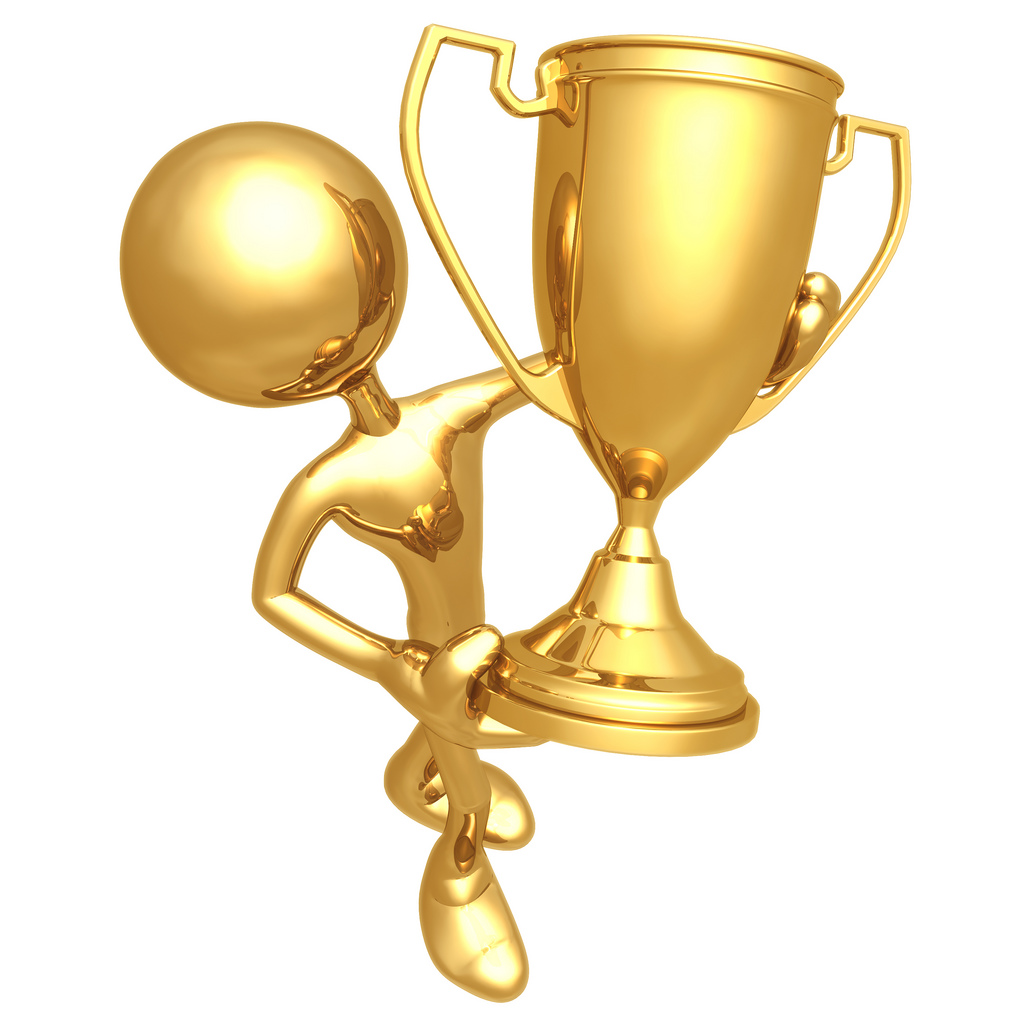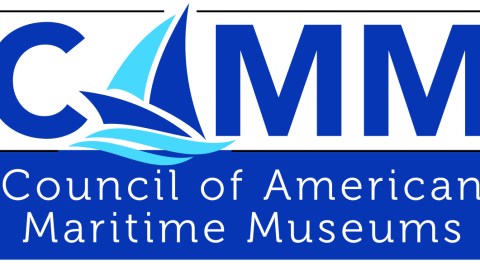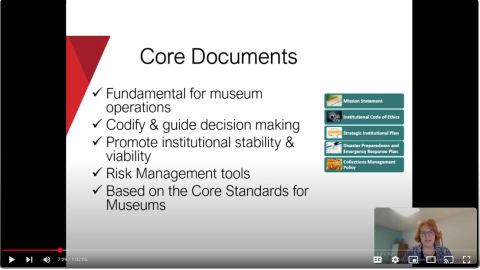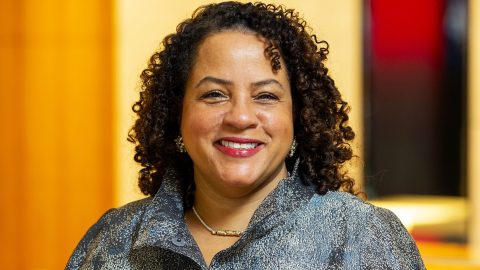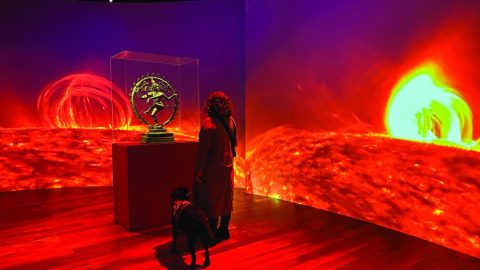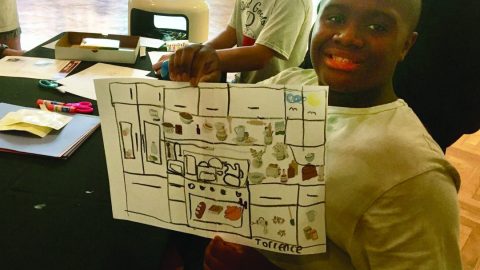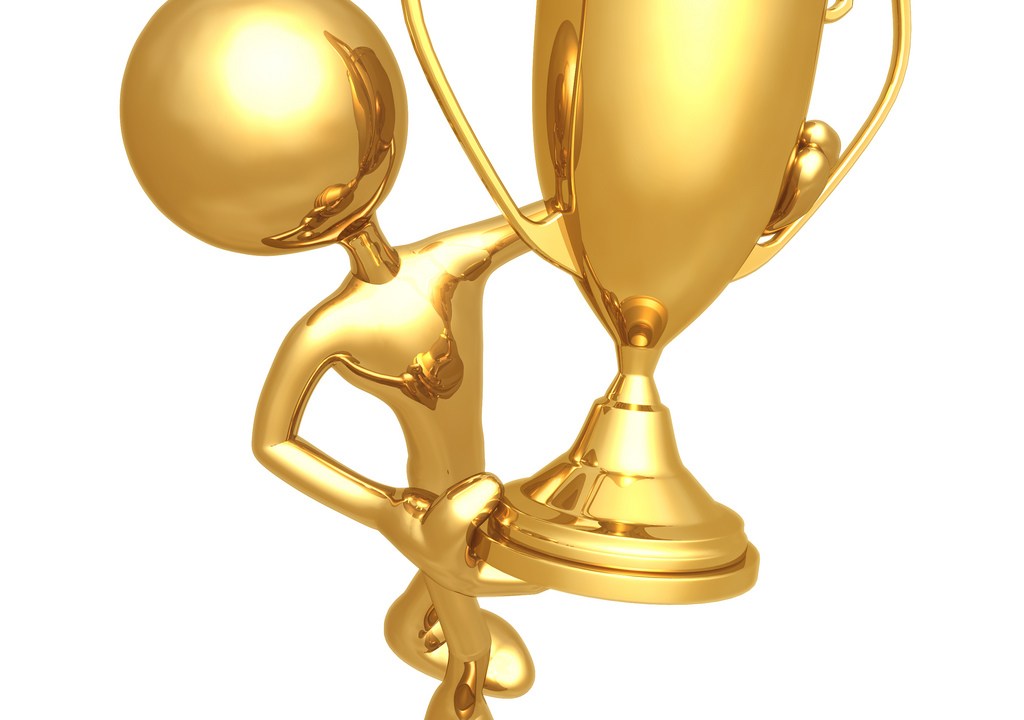
Today’s preview of a session at the upcoming AAM annual meeting is offered by Kathy Gustafson-Hilton, Creative Thinking Facilitator, Hands On! Studio.
Made any mistakes lately? I know I have! Come on down and share yours, and what you learned from it, with our presenters and fellow attendees at the AAM annual meeting during our session: Mistakes Were Made on Tuesday, May 8, from 1:30 – 2:45 PM. We can learn from each other, try to avoid making those same mistakes in the future and have some fun together, too.
For the purpose of this session we define a mistake as something that has helped our organization or us as professionals grow in a significant way. As museum professionals, we aren’t very good at admitting our mistakes. There’s a good reason for this: we answer to our supervisors, our boards of directors, government institutions, funders, clients and to the public we ultimately serve. It’s a landscape thick with potential critics.
For all of the playfulness and game-show energy of the session, the subject is serious. Why don’t we, as a field, admit our mistakes more readily? What are we doing to suppress these discussions, intentionally or unintentionally? More importantly, what can we do in the future to encourage discussion of mistakes that we (and our museums) make?
This session premiered at the AAM annual meeting in 2012, and in 2014 its creator, Sean Kelley, invited me to be a presenter. It was both a frightening and enlightening experience. Frightening because I was going to tell a sad tale of woe from my organization, the room was standing room only, and I was presenting right after Kathy McLean. If you’ve ever seen Kathy present, you know what I mean! Enlightening because I had never experienced a session that was so energetic, fun and meaningful for so many people.
A board member from the Association of Children’s Museums (ACM) who attended the session was so impressed that she suggested I propose the session for their InterActivity conference. Sean graciously gave me permission, it was approved in 2015 and each year since I have been leading that session at ACM to the same convivial reception it has received at AAM.
I think part of the reason for the success of this session at both conferences is that the environment we create allows for admission of failure, encourages reflection on our actions, and celebrates professional growth. Contemplating mistakes helps us gather our thoughts and reflect on where we went wrong. Admitting mistakes helps us avoid the most painful of mistakes – repeating the same error. It allows us all to benefit from each other’s painful experiences, and encourages our colleagues to share their own cautionary tales. Sharing is the first step in learning.
The session traditionally begins with three museum professionals telling stories of major mistakes from their careers. The stories may be funny or sobering, but each will end with the panelist looking back to find the moment he or she went wrong. How has he or she grown and what did they learn? This year John Beckman, Director of Exhibit Design and Development, Museum of Science and Industry, Chicago will tell the story of their “Not So SmartVisit” initiative, which he foreshadows as follows:
It’s 2005 AD. The Museum imagines a new way to connect with guests and keep them engaged post-visit on a “world wide web” of information. Some guests have the expensive new fad – handheld devices with touchscreens. But we need something for all the people – especially the school kids who visit. Everyone gets a ticket, right? With a barcode, right? There will never be an easier way to stay connected with the Museum or each other and share our experiences. Let’s do it!
Melody Kanschat, Executive Director, Getty Leadership Institute, will tell a story titled You know your career is over when you [Approved 500,000 brochures that dropped the “l” in public parking on your site map; sent an invitation to your major gala with the an rsvp phone number for another museum; you managed an architect selection process, announced it in the press and FORGOT to tell your trustees (they read it in paper)].
And Paul Osterhout, Vice President, Executive Producer, Universal Creative Beijing, will share a fairly humorous (though not at the time) confession about a 25-year-old designer who didn’t properly utilize the talents of experts around him, and didn’t ask the right questions because he thought he knew everything. Was it ego, or was it perhaps that he just didn’t know what he didn’t know?
After the presenters have set the tone, attendees break into groups to share, openly and honestly, decisions they really wish they could take back. Each table votes on the “best failure” from their group, and sends that storyteller to the front of the room. The finalists tell brief versions of their stories to the full room, and attendees vote for the “winner” by applause. The session ends with the awarding of the Epic Failure Trophy of AAM 2018. Sean and I have recently added a new “prize”: the winner of this year’s competition will be invited back to present their story in more detail the following year. Join us in Phoenix to learn from this year’s “mistakes,” share your own educational mishaps, and award the trophy!

